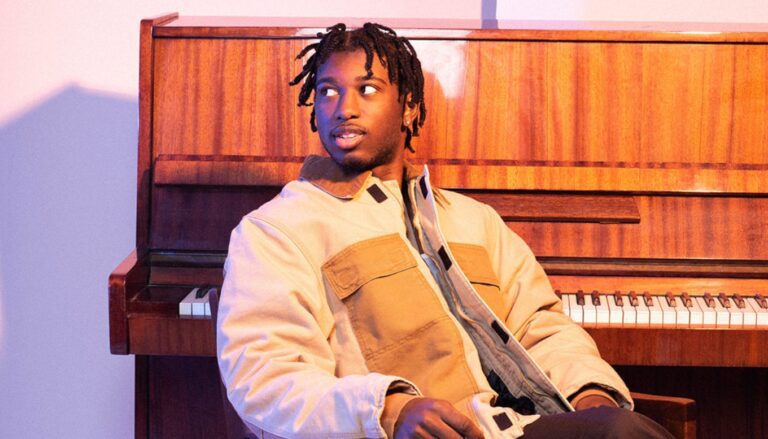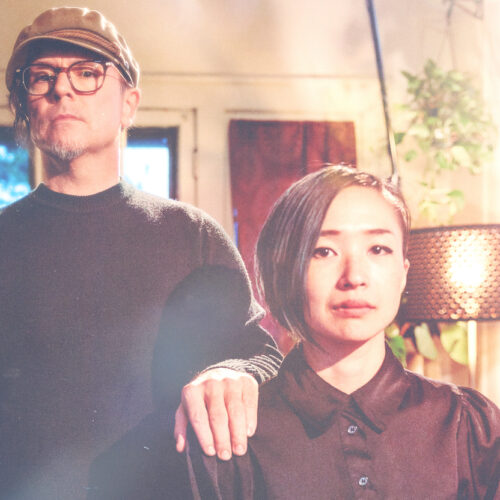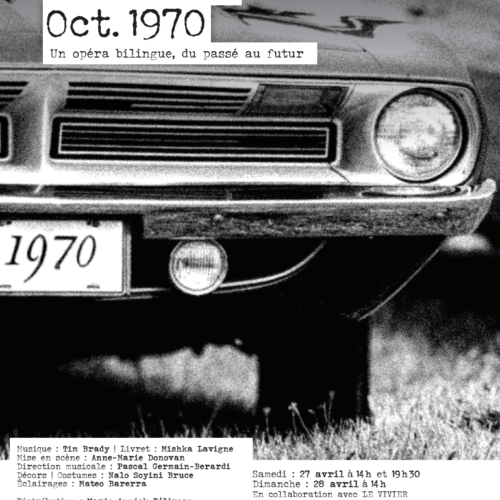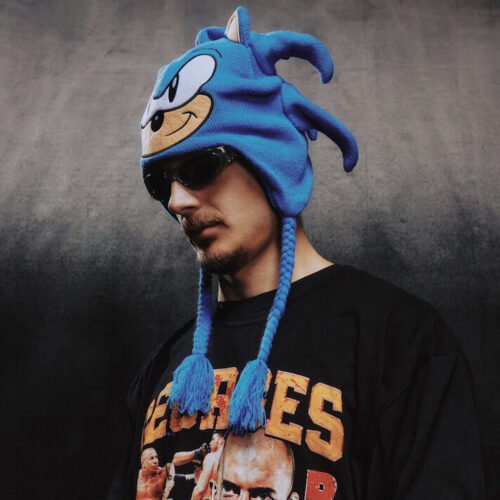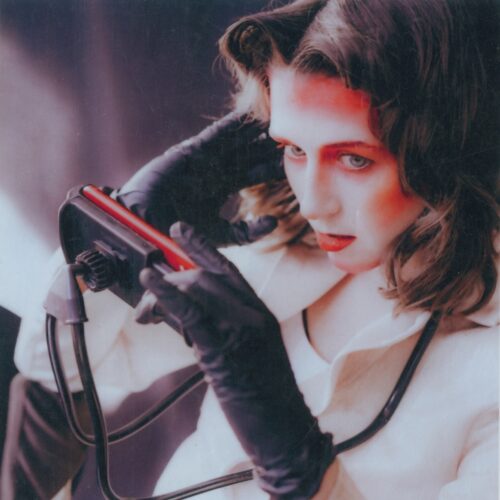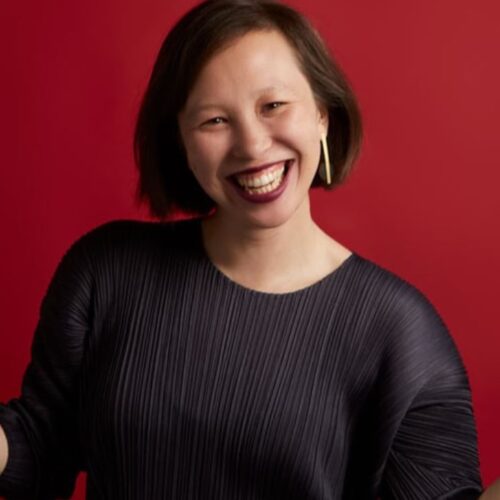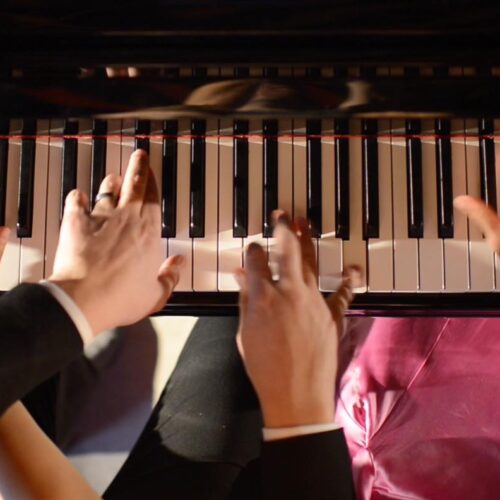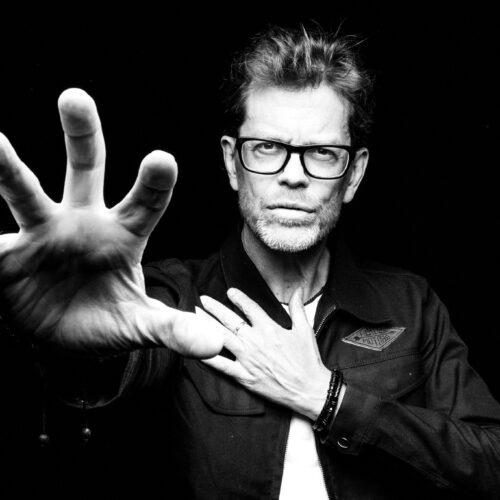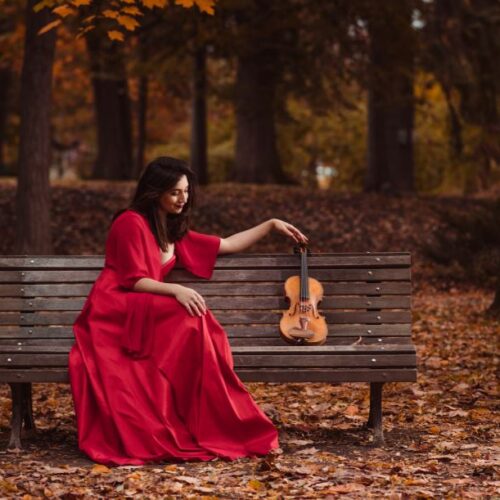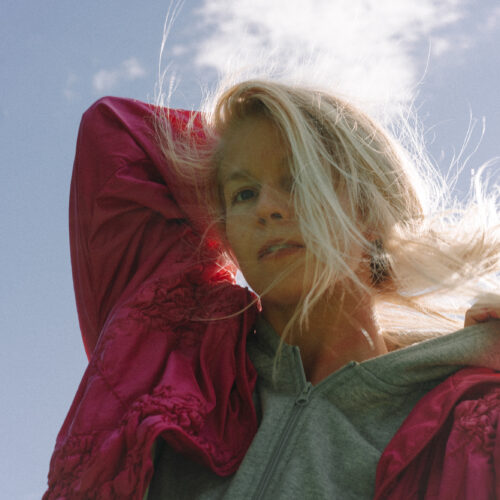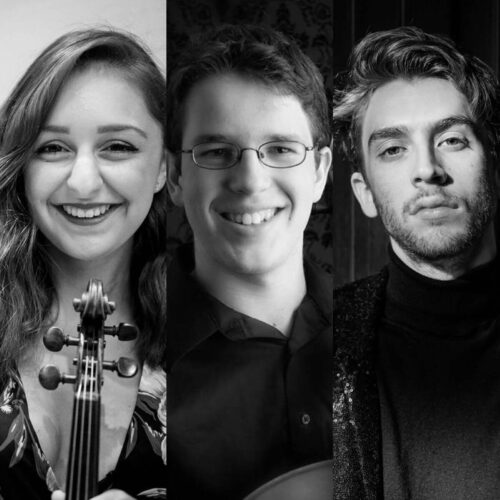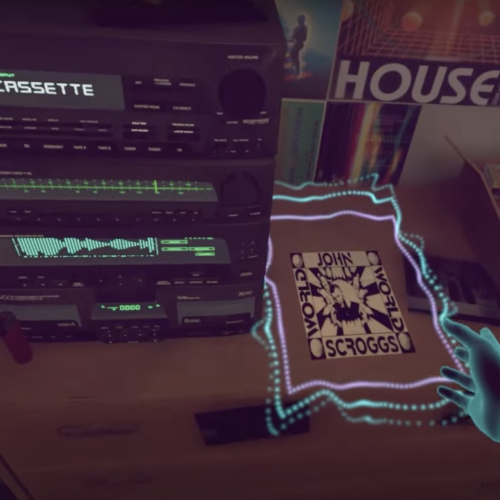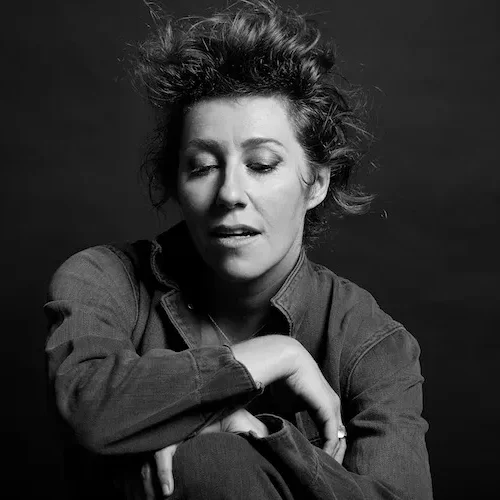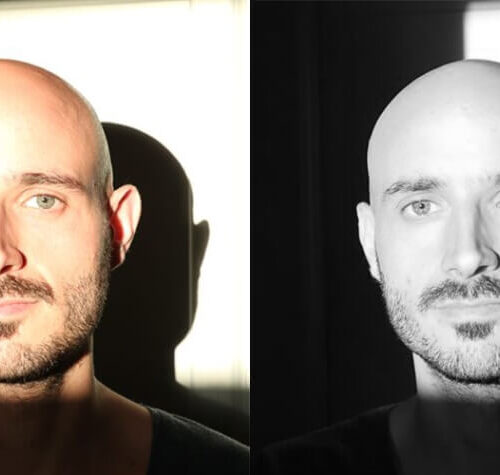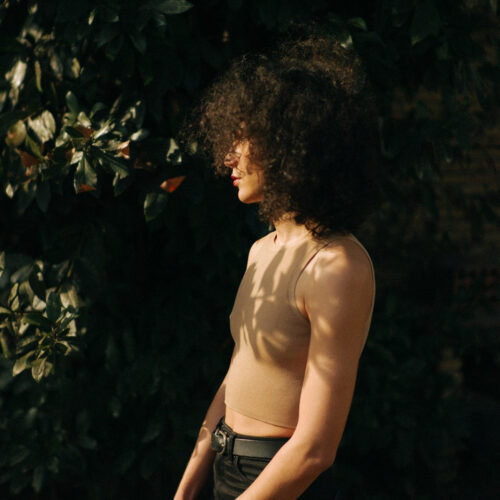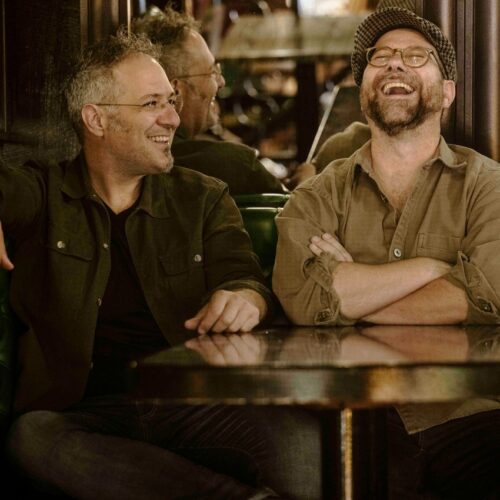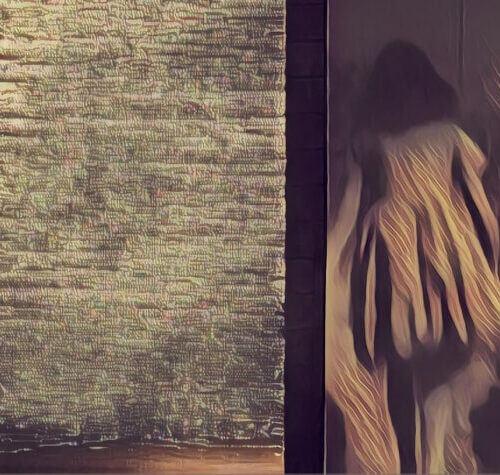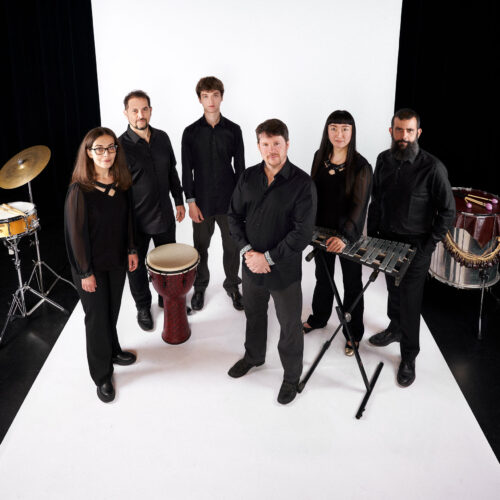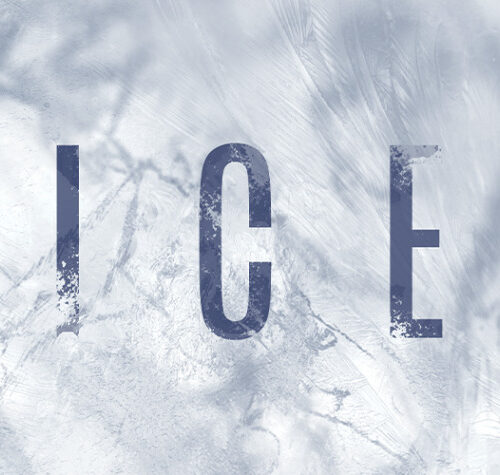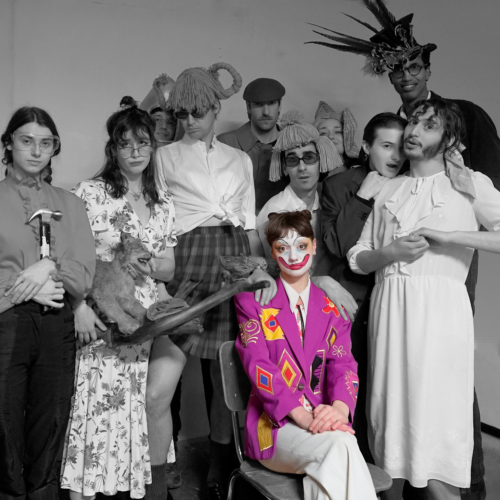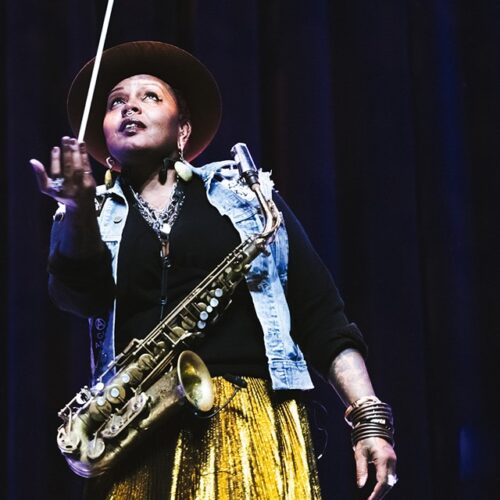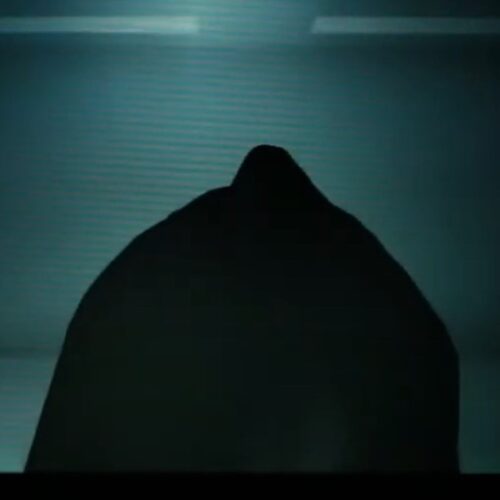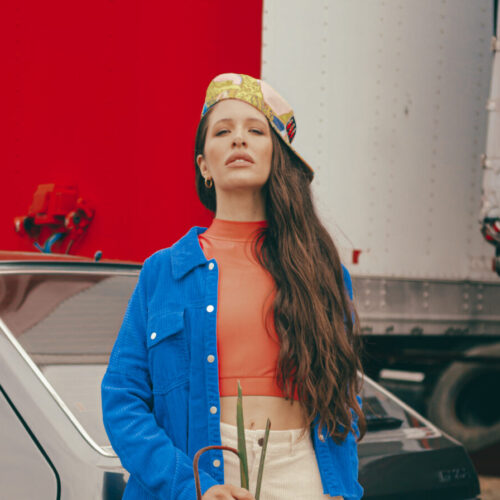Additional Information
Pianist, drummer, and composer Julius Rodriguez, 24, is a raw talent magnified by very solid academic training. He was already showing off his talent before he was even a teenager, jamming with the pros at Small’s Club in New York. He got his training at Juilliard, no less, in jazz and classical, no less also! A contract with Verve and the release of his first album as a leader in 2022 (Let Sound Tell All) completed his gradual but inevitable arrival in the world of the jazz elite. A young man of discreet appearance, but burning with inner creativity and the desire to express it musically.
On Saturday 1 July at 8 and 10 p.m. at Pub la Traversée Molson Export in Place Tranquille in Montreal’s Entertainment District (two free sets, then), Montreal audiences will be able to hear Julius Rodriguez in action for the first time in Canada as a feature and leader. Sit back and enjoy the magic of the Festival, which gives you access to this kind of high-calibre artistic offer, at the marquee’s expense!
PAN M 360: Hello Julius. It’s your first time in Montreal. What does it represent for you to be in this Jazz Fest lineup?
Julius Rodriguez: Well, it will be my first international (out of the US) performance as a leader, so it’s a big deal to me. And since it’s the first time as a leader, it’s another step also. I’m really looking forward to it.
PAN M 360: You started so young, so, even at 24 you’ve had time to mature quite a bit. Nevertheless, a few years ago, you said in an interview that you felt pressure to be “legit,” that you didn’t want people saying that you didn’t know jazz history or, on the other hand, didn’t push the music forward. Do you still feel that pressure?
Julius Rodriguez: Yeah, that pressure is definitely not there the way it was when I gave that interview. Like, you know, at that time, I was traveling with a lot of other musicians and playing other people’s music. So it’s, you know, it was a job per se, but now that I get to go and play my own music, that’s kind of the validation that the way I see the music heading is something that listeners also might start to agree with.
PAN M 360: You also said somewhere else that jazz is not the most mainstream type of music nowadays, so you have to get creative in the ways that you can reach people and grab attention. Have you found the way? Or are you still looking?
Julius Rodriguez: I wouldn’t say I have a particular formula or a way to do that. But I think the way one can find that is by being as true and as honest to the art as possible. Because when you do that, it’s this kind of undeniable proof. Even when you see people that are not as great as what they do, you can tell when they’re really feeling the music and making you feel that energy. So whether you enjoy it or not you’re gonna enjoy the performance because you know that they’re connected to what they’re doing in a very special way. So for me, I always try to be as honest as I can with the music. I think through that honesty, is how you’re able to connect with people, whether they know what you’re doing or not, or agree with it or not.
PAN M 360: You are very well-versed in both classical and jazz styles and techniques. And you are also a young man of your time, meaning that you also delve into hip-hop and soul, and then you bring all those things together. What is your composition process?
Julius Rodriguez: I guess it’s just a matter of improvisation and experimentation. I like to try and write melodies that I feel can be versatile. So I write a song, play it with, you know, some musicians who do more than the straight-ahead jazz stuff. And I’ll try and arrange that same song for a band that does more R&B kind of music, or if I have a musician that plays more rock-oriented stuff, I say how can you twist the song, you know, give you space to do what you do in your musical idiom. So it’s just a matter of, you know, trying to be adaptable to different situations. And that’s the way that the music, for me, ends up adapting to different types and styles because I’m just open to letting it be something else.
Pan M 360: Do You feel it’s mandatory for today’s musicians to be steeped in all kinds of music and mix them up?
Julius Rodriguez: To an extent yes. Because even if you are looking at music that you don’t like or don’t want to play, I think you have to know what it is to know what not to do. It’s good to have an awareness of everything. Even if it’s not what you want to do.
PAN M 360: You have one recent new album (Let Sound Tell All), and only one EP before that. I guess you will play this stuff and probably new things as well in your two sets in Montreal?
Julius Rodriguez: There’s definitely gonna be some new music we’ve been working on. And you know, that’s a part of my process, putting the music into different venues and situations, to see how people deal with it. See how the audience reacts to it, to see how we feel playing in new spaces.
PAN M 360: Has the pandemic had an impact on you, on your creative process?
Julius Rodriguez: It forced me to focus on music in a different way. And kind of rely more on myself than the people around me. Because before the pandemic, I was just trying to get into the studio as much as I could, which I still value by the way. But I didn’t realize how much time and attention to detail I wanted to be paying in the post-production part. So I started to pay more attention to the overall sound of the performance in the recording and find ways to expand the sonic palette in a way that I can actually do live, which is important. The recording is supposed to be different for me.
PAN M 360: How much can we expect a new recording in the future?
Julius Rodriguez: I am definitely working on new material. I’ve been doing so pretty much all year. I have a lot of time on the road. Maybe hopefully at some point next year, we’ll see.
PAN M 360: At some point in the first years, you said elsewhere, you felt intimidated by other well-established players around you. Was there a point where you realized that you owned your space, that you were, at this point, one of their peers?
Julius Rodriguez: I think the first time I met musicians from elsewhere in the US. That also was the time I started my academic music program. There I was like, okay, there are other people that are as serious about the music as I am. And you know, they sound even better than me. So I have somewhere to go with this. It just inspired me to take it all and start reaching for the next step to make this my purpose and my profession. But in reality, it didn’t come to me at one point really. It was more of a gradual blossoming.
PAN M 360: Another aspect of you that is unique is the fact that you play both the piano AND the drums! You often say that each instrument and its technique informs the way you play the other. Which instrument do you play most often, and how do you choose, in each instance, which you’re gonna play in a particular piece?
Julius Rodriguez: These days, I play more piano. It’s not that much of a choice, it’s just happening. And I don’t know if there’s a way that I choose what to play at which time. Maybe if it’s like the instrument that I composed the piece with. Like, the song Two Way Street on the album, I composed the beginning of the drums. So then I played drums on it. It just comes naturally. You just feel it. But it’s often just depending on where I compose the piece from because often when I compose a piece from a specific instrument, I’m gravitating towards that particular part.
PAN M 360: You’ve studied both classical and jazz. How do you see the place of these two rich musical styles interacting in the 21st century?
Julius Rodriguez: Obviously, classical harmony is always influencing jazz and modern jazz. On the other side, I feel like, these days, a lot more classical music is incorporating elements that were invented and coined through the avant-garde jazz and free jazz. It’s coming from that same place and it’s kind of morphing to be the same thing but each part influencing the other. It’s good.
JULIUS RODRIGUEZ PLAYS THIS SATURDAY AT FIJM, PUB LA TRAVERSÉE MOLSON EXPORT, 20H ET 21H
